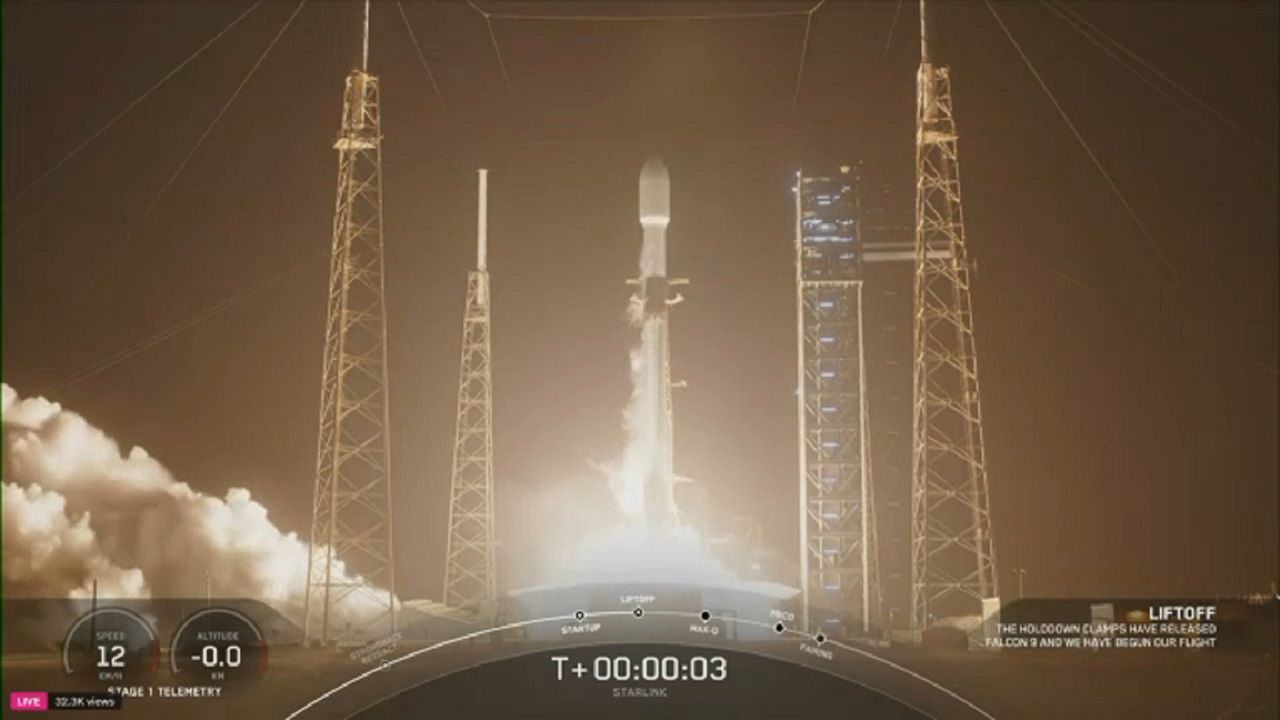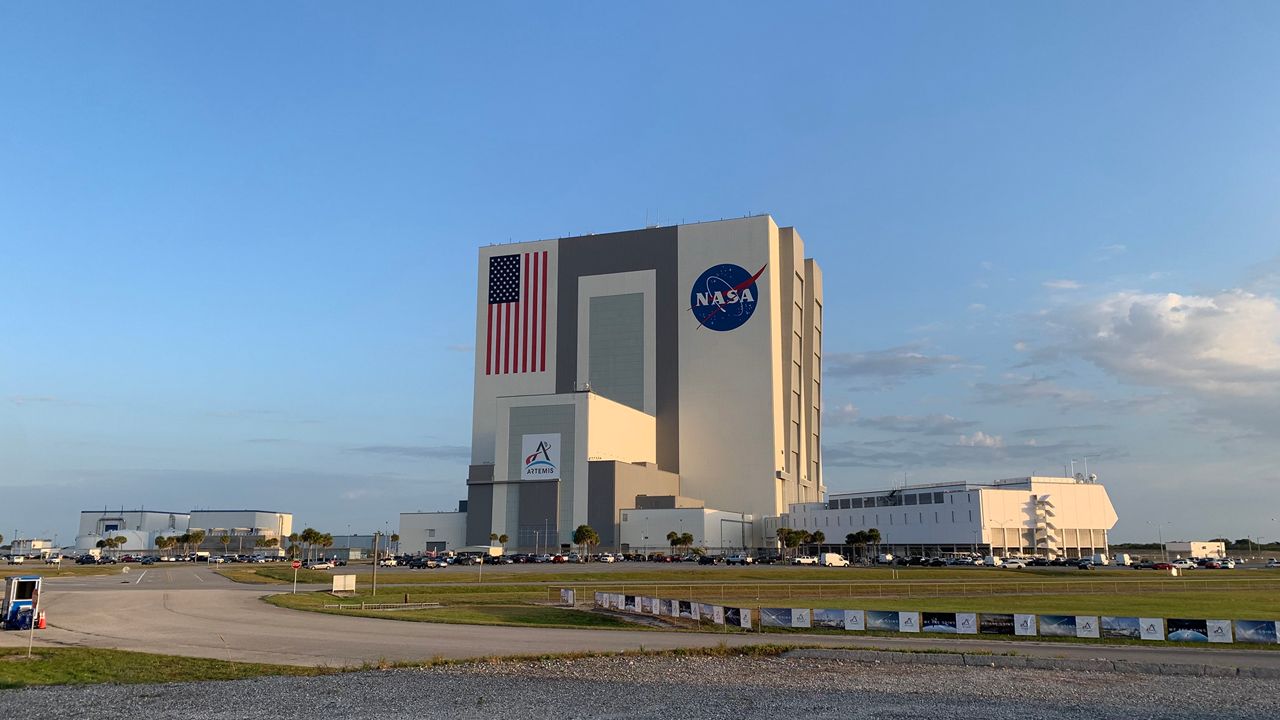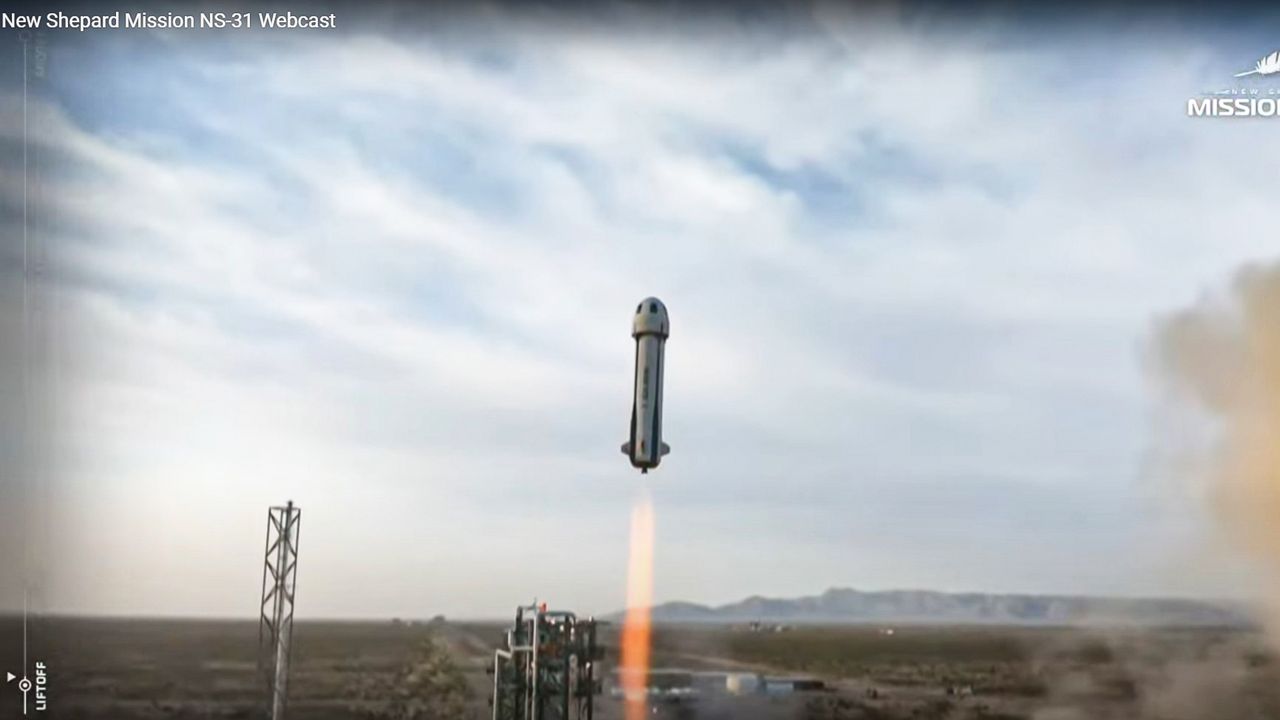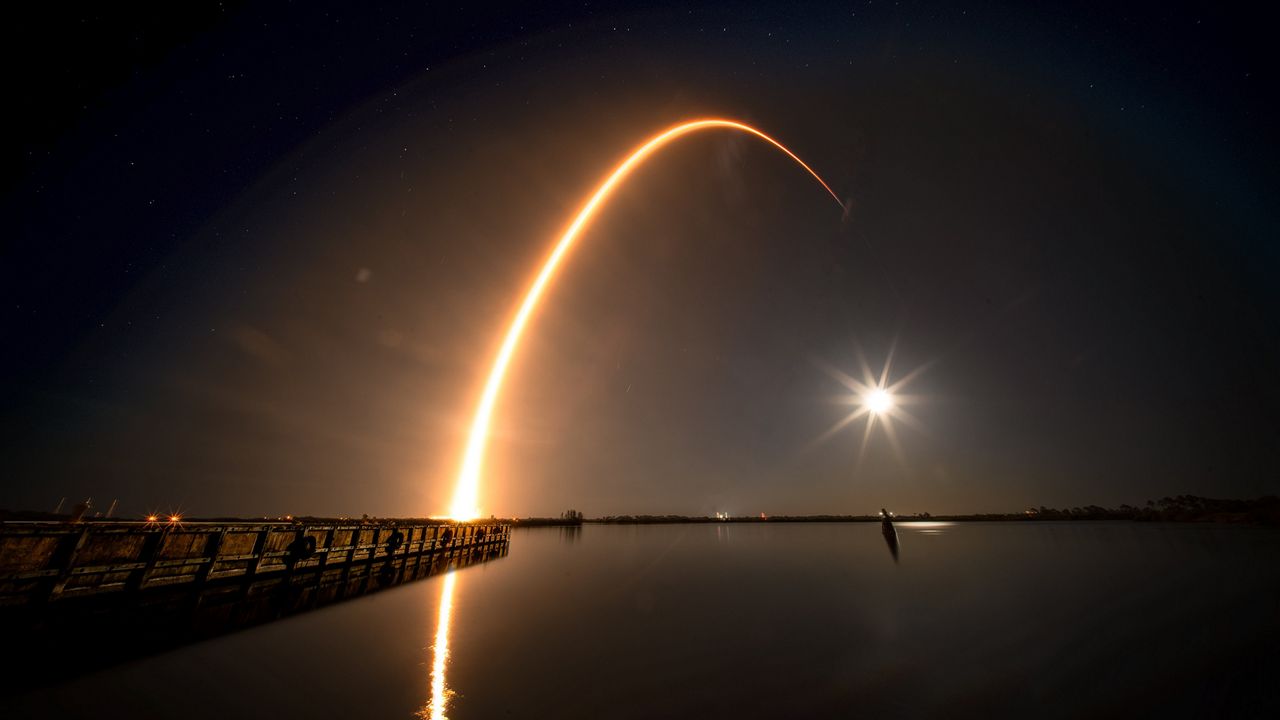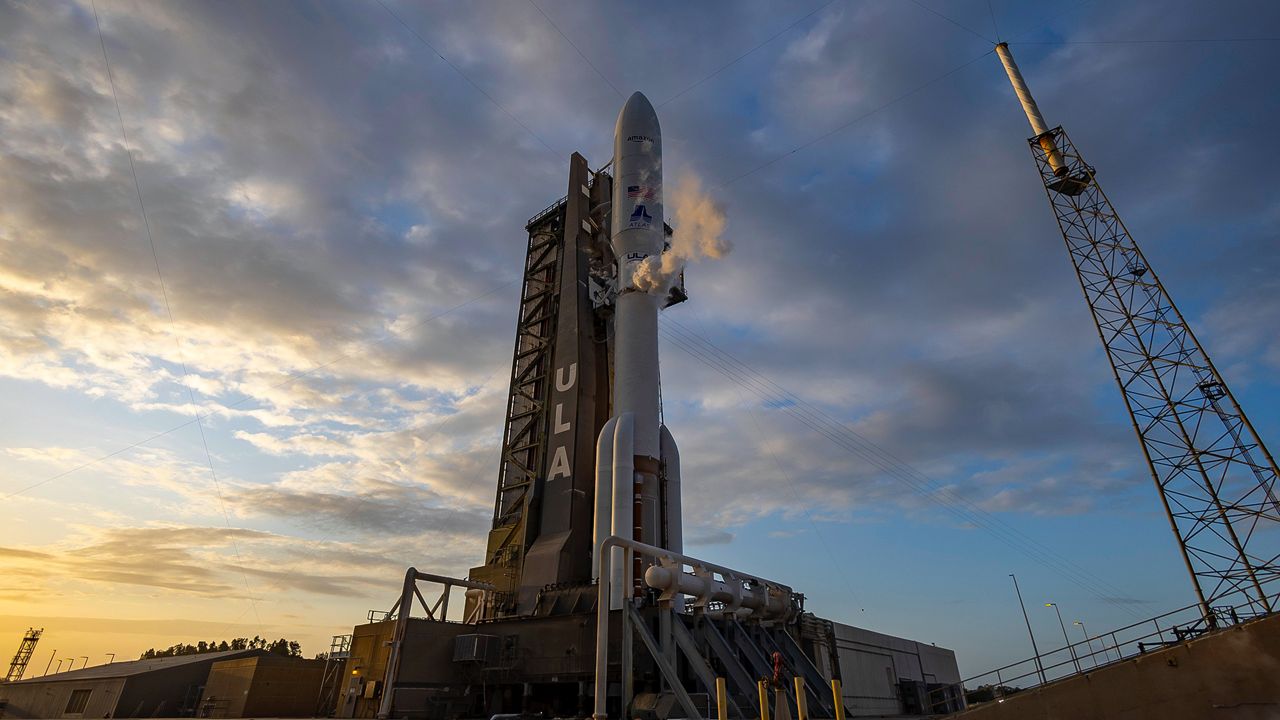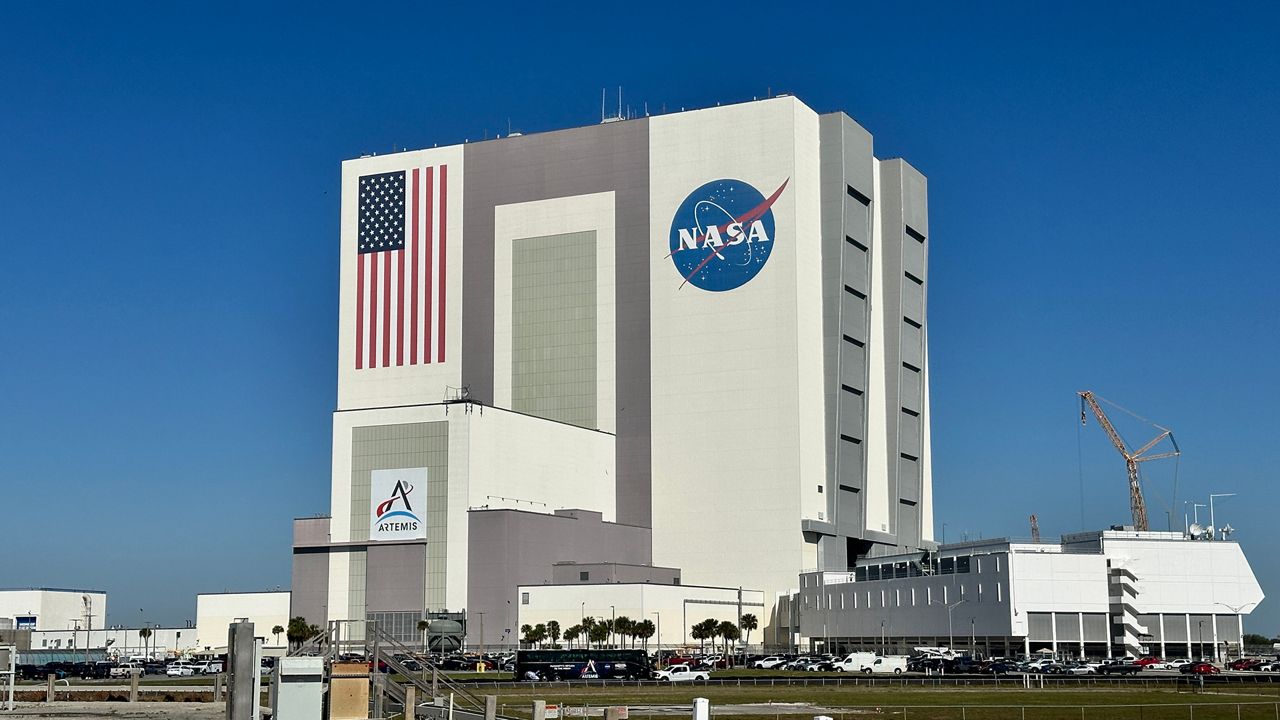CAPE CANAVERAL SPACE FORCE STATION — SpaceX launched nearly two dozen Starlink satellites early Monday morning.
What You Need To Know
- The Falcon 9 rocket sent up Starlink 12-1 mission from Space Launch Complex 40
- A dozen of the Starlink have direct to cell capabilities
The Falcon 9 rocket sent up Starlink 12-1 mission from Space Launch Complex 40 at Cape Canaveral Space Force Station, stated SpaceX.
The launch happened at 5:02 a.m. ET.
The 45th Weather Squadron gave about a 95% chance of good liftoff conditions, with a very rare no weather violation concerns. Usually, some type of weather concern is common.
Find out more about the weather criteria for a Falcon 9 launch.
Lucky 13?
This is the 13th mission for the Falcon 9’s first-stage booster B1080. These are the dozen missions it has accomplished before this launch:
- ESA’s Euclid telescope
- Ax-2 crew mission
- Starlink 6-11 mission
- Starlink 6-24 mission
- Ax-3 crew mission
- CRS-30 mission
- Starlink 6-52 mission
- Starlink 6-62 mission
- ASTRA 1P
- NG-21 resupply mission
- Starlink 10-10 mission
- Starlink 6-69 mission
After the stage separation, the first-stage rocket landed on the droneship Just Read the Instructions that was in the Atlantic Ocean.
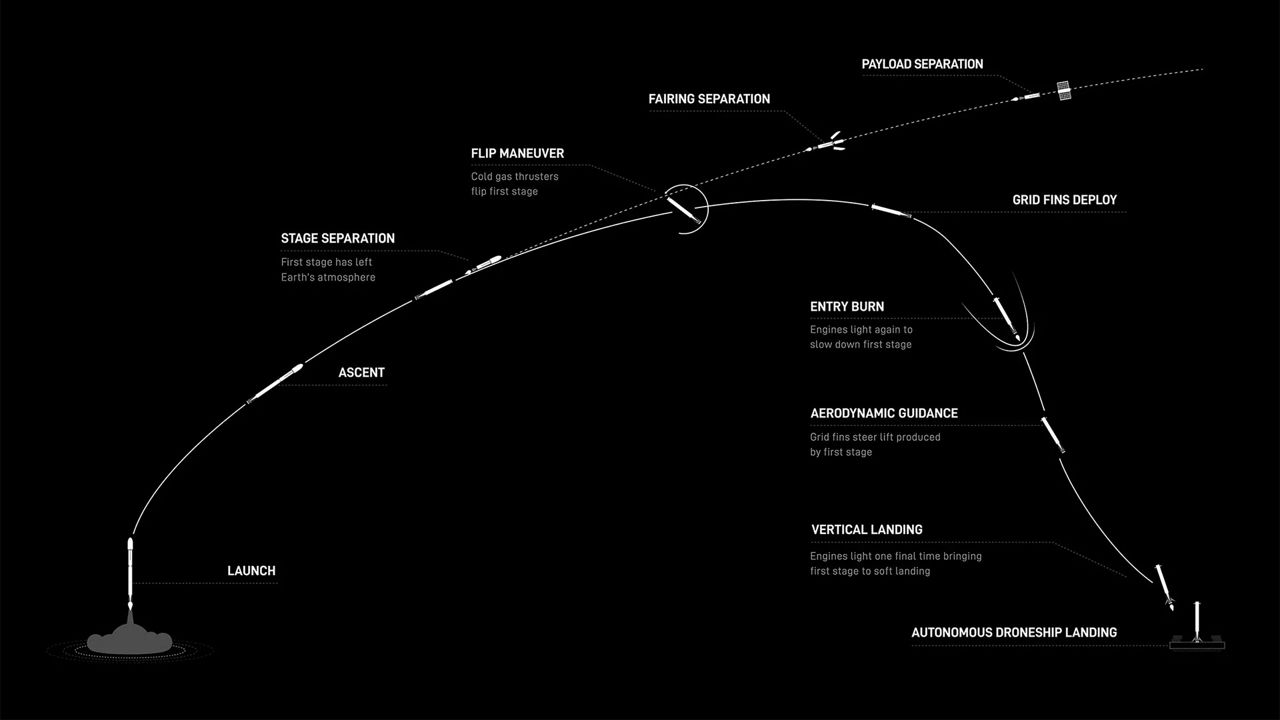
About the mission
The 23 satellites from the Starlink company will be heading to low-Earth orbit to join the thousands already there.
And 12 of them from this mission have direct to cell capabilities.
“Starlink satellites with Direct to Cell capabilities enable ubiquitous access to texting, calling, and browsing wherever you may be on land, lakes, or coastal waters. Direct to Cell will also connect IoT devices with common LTE standards,” explained Starlink, a SpaceX company.
Once deployed and in their orbit, they will provide internet service to many parts of Earth.
Harvard-Smithsonian Center for Astrophysics’ Dr. Jonathan McDowell has been recording Starlink satellites.
Before this launch, McDowell documented the following:
- 6,719 are in orbit
- 5,953 are in operational orbit




